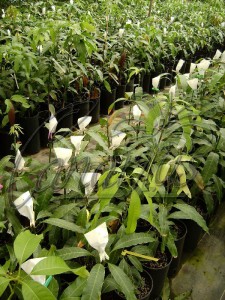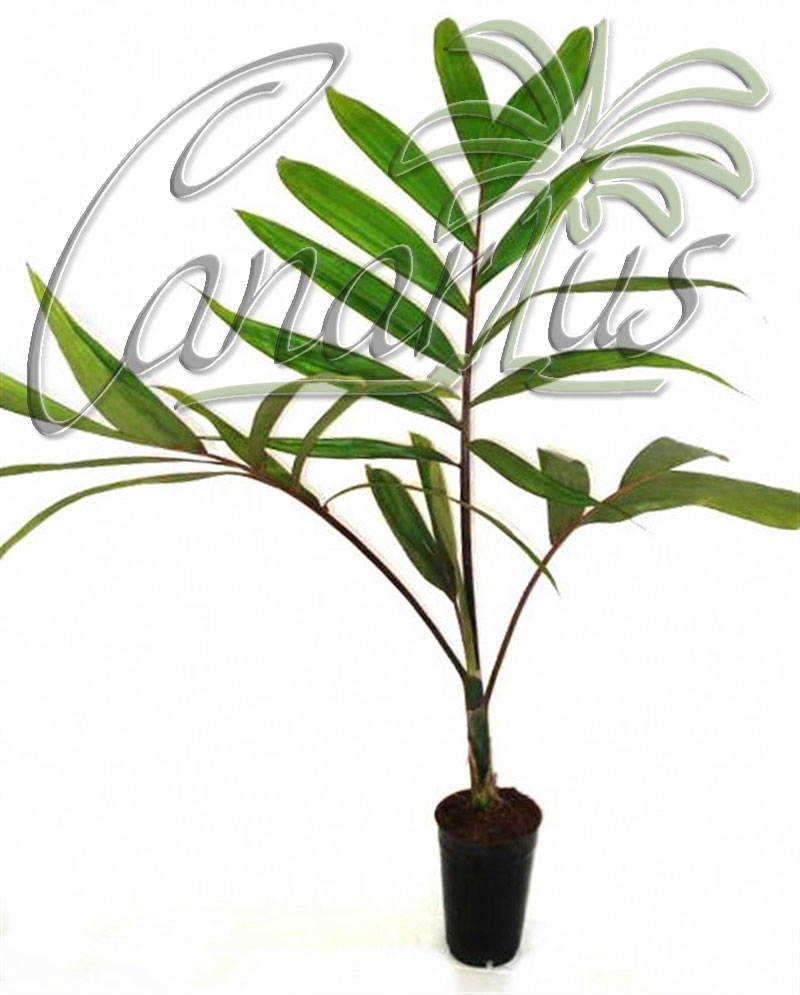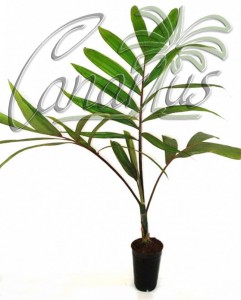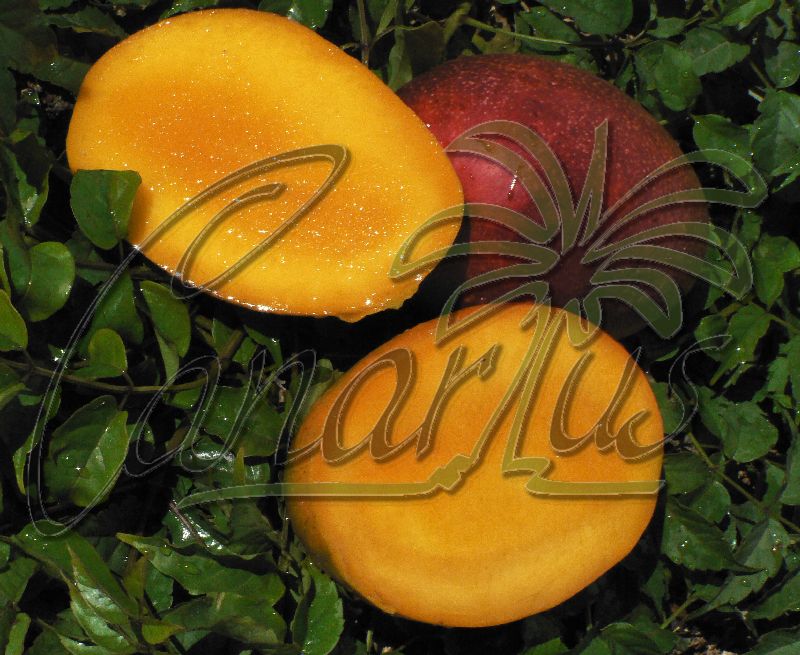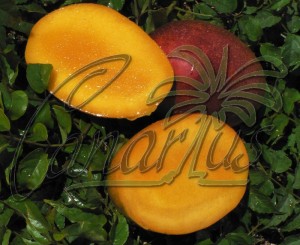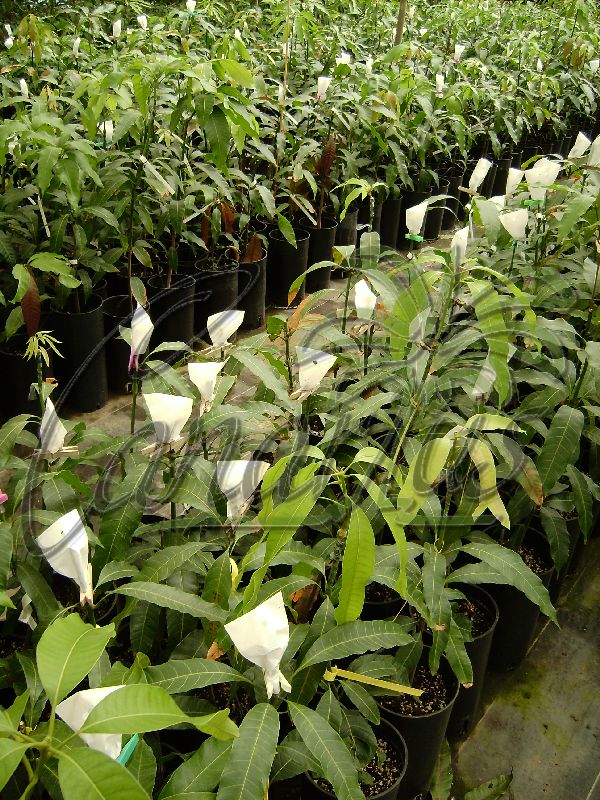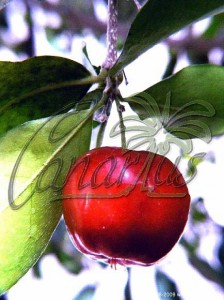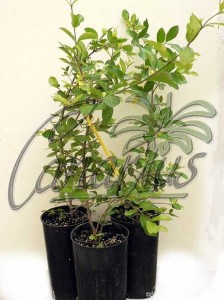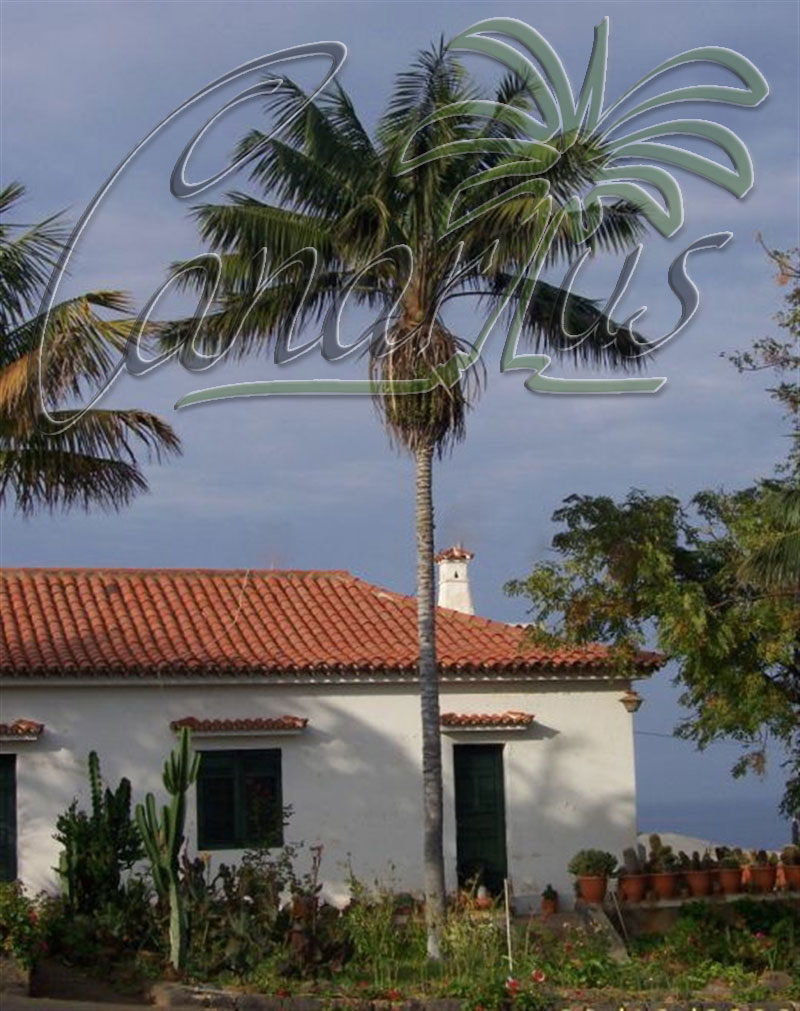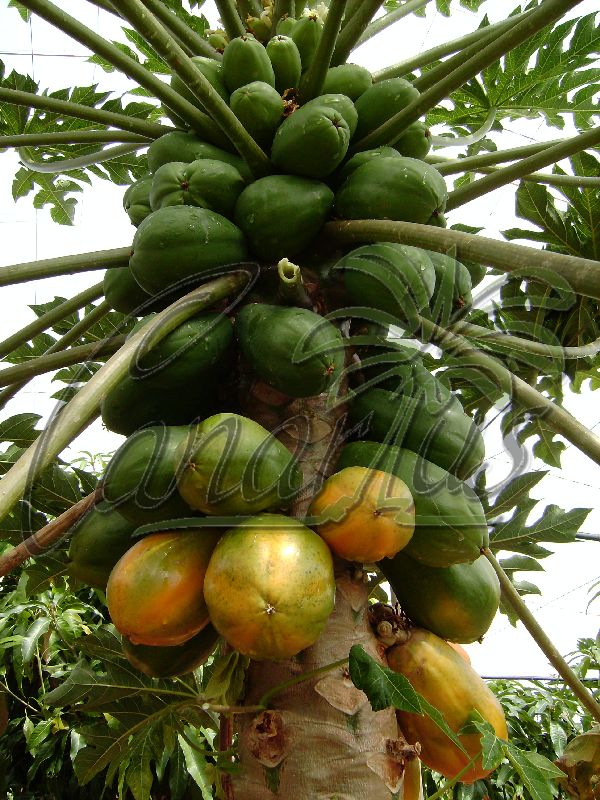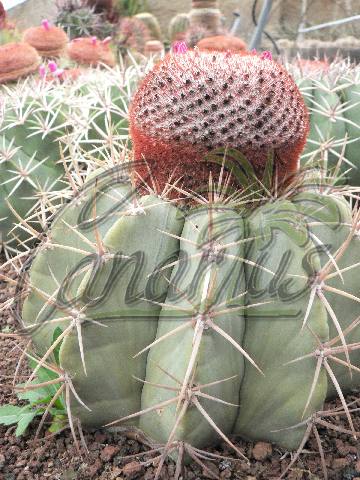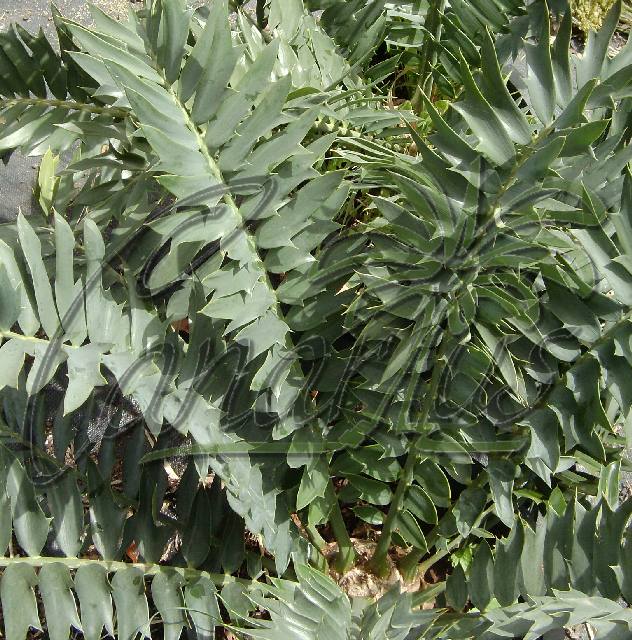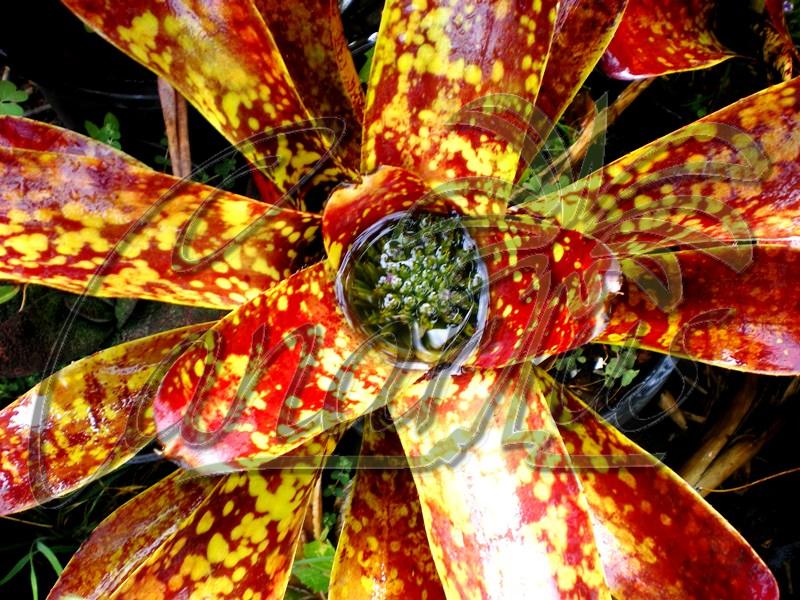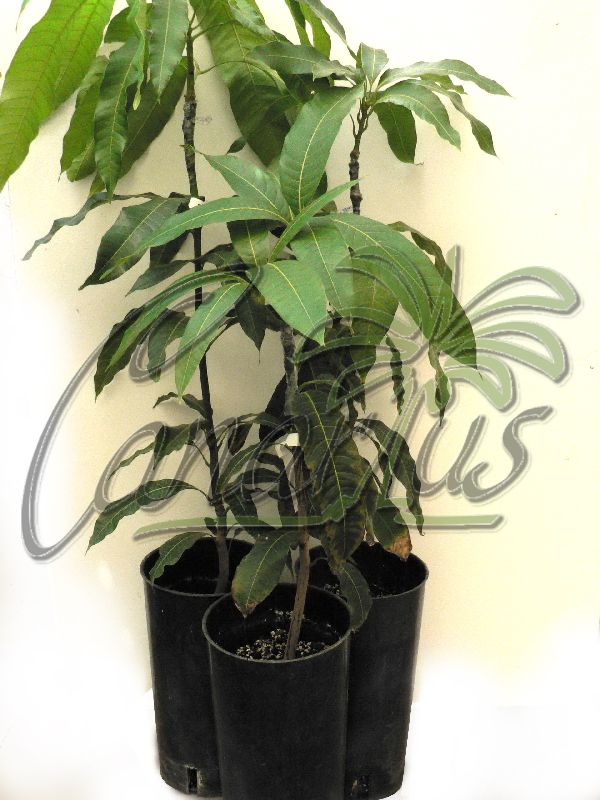Gomera-1 is a hardy variety of Mango suited to a coastal Mediterranean climate. It is used as a rootstock for grafting other cultivars of mango, because the roots of Gomera-1 grow better in colder or dryer areas and improve the cold-hardiness of the plant.
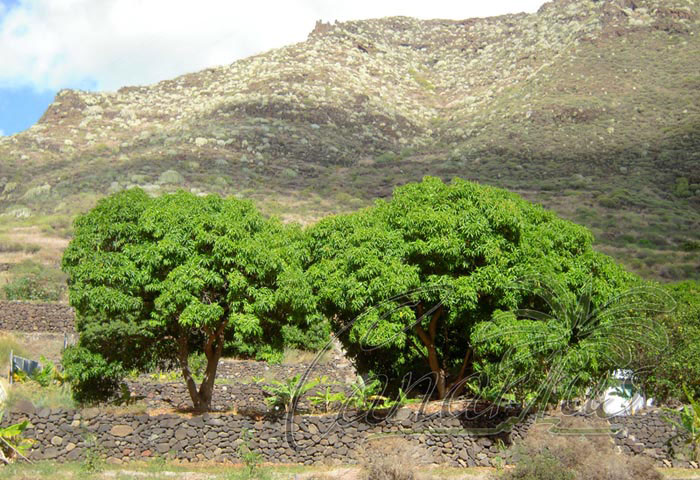
Two Mango Gomera-1 trees in a poorly irrigated terrace in Southern Anaga, Tenerife.
This variety of mango is well adapted to the environment of the Canary Islands. It can be seen thriving in windy areas with rocky soils. It is unscathed by cool and wet winters and fruits very well and regularly. It is found on many islands and it was probably, initially brought from Cuba. The name Gomera refers to the island of La Gomera, one of the seven islands of our archipelago. This is where Canarian agronomists collected the first samples to study this mango which is quite common in the rural areas of the islands. Fruits are yellow, small to average size (250 g average), with very good flavour, sweet, aromatic, with a high content in fibres.

Yellow fruits of the Cold Hardy Canarian Mango named Gomera – 1
Cultivation
It needs just the same conditions of any other mango trees. It is reproduced from seed. As a polyembrionic Mango, 90% of the seedlings are true to type. Adult trees are able to flower up to 3 times a year. If it is too cold or wet, they will loose the inflorescences and flower again, about 2 months later, until the right season for fruit set is matched. In order to achieve larger fruits sizes, it is good to remove by hand 1/3 of the fruits from the bunch. Gomera-1 fruits outdoors in coastal Mediterranean climates and it needs little or no protection in coastal Portugal, Spain, Italy and Greece and also in the French Riviera.
Use as Root Stock for Grafting
Mango Gomera is regularly used as a rootstock for grafting throughout the Canary Islands and also in Andalusia. The use of the Canarian Hardy Mango as a rootstock permitted to push the commercial production of Mango in the Mediterranean basin, because the roots are hardier to cold and wet soil. All the different varieties of mango trees that we offer for sale are grafted on Gomera-1 rootstocks, so our customers in Europe will get the benefit of some added cold resistance from the roots.
Scientific Literature in Spanish about Mango Gomera
Gomera-1 en el programa de mejora del Mango
Buy cold hardy mango trees in our Shop
In our shop you can purchase small trees of Gomera mangos and also a wide selection of mango trees of different varieties. All trees are grafted by hand, with specific cultivars. We ship them directly to your home. Try also our delicious Mango jam with or without sugar, in the honeys & jams section, produced with the mangoes of the Canary Islands.
















